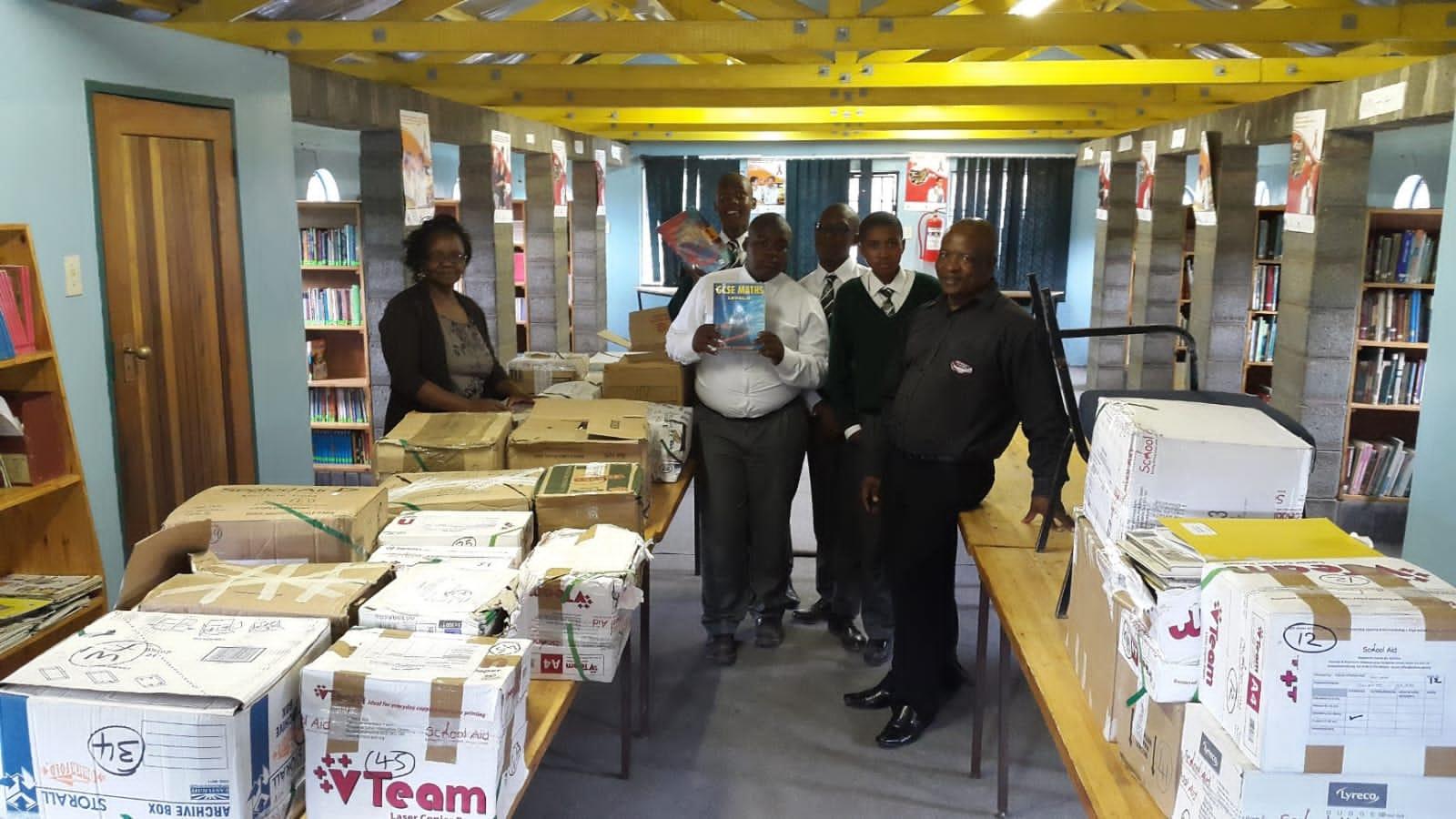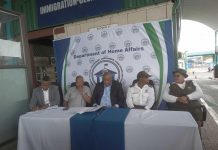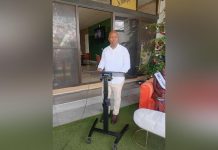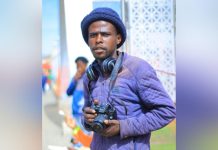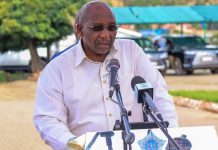Africa-Press – Lesotho. The Rotary Club is one of the charity organisations that have been doing a lot of good work in terms of empowering local communities. However, most of the club’s efforts go unnoticed as most Basotho are not aware of its existence and the good work it does.
Public Eye reporter MATHATISI SEBUSI (PE) had interview with the Rotary Club of Maseru President TANKA TLELIMA (TT) to find out details about the charity organisation’s work.
PE: What exactly does the Rotary Club do in Lesotho?
RC: The Rotary Club is one of the longest serving humanitarian organisations in the country. Members are volunteers who have come together to help those who are less fortunate than themselves.
In doing so the issues we address are those which fall within the seven areas of focus identified by Rotary International, these being: Peace and conflict prevention or resolution, disease prevention and treatment, water and sanitation, maternal and child health, basic education and literacy, economic and community development and environmental issues.
PE: Can you highlight a few of the things you did in the country that you can boldly say made an impact on Basotho and the country at large?
RC: The few things our club has done recently which I can highlight are as follows: Installation of a generator at St James Hospital in Mantšonyane, payment of school fees for some of the orphans and vulnerable children (OVC) who live at an orphanage called God’s Love Centre in Sekamaneng, assisting a foster home at Ha ’Makhoroana develop a poultry project, assisting a group of unemployed men at Ha Ramapepe develop a piggery project and installation of computers in seven high schools to enable students to study computers.
PE: When, How and Why was the club started and what is its main objective?
RC: The club was formed in May 1977 with the objective of providing humanitarian assistance to deserving communities.
PE: Can you say you are achieving the objectives so far? Please elaborate.
: Having seen how the assisted communities succeed after the Rotary Club’s intervention, we can say we are achieving our objective.
For example, at ’Makhoroana we paid for layers and stock feed for the foster home for a certain period; the home fed foster kids with eggs and sold others to the public.
The foster home saved a lot of money such that when the Rotary funding came to an end, it had sufficient funds to continue with the project without additional support.
PE: What has been Basotho’s response to the club? Do you think Basotho know about the club and fully understand its operations?
RC: Not many people know about the club, but those who are aware of its existence respond positively to it.
PE: Is membership to the club open for any person with interest to join?
RC: Membership is open to professional and business people who are interested to join. The club is an affiliate of Rotary International (RI) a worldwide organization.
PE: In April you were among those who responded to COVID-19 by donating PPE to the media.
Tell us about it. RC: It is our sister club, the Rotary Club of Maloti which donated PPE.
PE: Among the club’s commitments is creating healthier communities by supplying clean water and sanitation facilities to prevent the spread of diseases.
How do you do that? RC: The club first identifies the needs of the community, and then raises funds for the project, and when funds are available it implements the project.
PE: In the face of the pandemic, Lesotho in particular, would you say the club has demonstrated an impressive ability to intensify its efforts?
RC: In the face of the pandemic our club wanted to participate meaningfully, but due to lack of funding it was not possible.
PE: Does the club receive any financial assistance to enable it to execute its mandate?
RC: Yes, the club receives financial assistance from various sources, but the main source is the Rotary Foundation of the RI.
PE: The Rotary Club has taken the lead in humanitarian work among which includes peacemaking, what projects or cases has the club dealt with where reconciliation or peacemaking are concerned?
RC: Peace is one of the focus areas of Rotary, but our club has not had any project in that area yet.
PE: The club also believes in education; what efforts has the club made in the country in a bid to advocate education for all? What projects have the club started to promote education and literacy?
RC: As mentioned above, our club started computer laboratories in seven high schools to promote computer education. We have also provided books to different schools for them to open libraries for their students.
PE: How do you contribute in economic and community developments?
RC: In as far as economic and community development is concerned, our club funded the establishment of Restaurant 7 and its hotel, so that the profits generated therefrom, can be utilised to finance the charitable side of Kick4Life Centre.
PE: The club is also very fond of the environment, what projects do you have that can ensure protection and rehabilitation of the environment?
RC: Environmental issues are a recent area of focus for the Rotary Club, as a result our club has not done much in this area except only when we supported our Rotaract club in a street cleaning campaign.
PE: Lastly, maternal and child health are among the club’s areas of focus, what does the club do in relation to the mentioned focus?
RC: In this area, our club makes a monetary donation on an annual basis to a Rotary foundation programme called Polio-Plus. The funds from this programme are distributed to governments through WHO to provide for polio immunisation.
Over and above this, the organisation has a programme called Rotary Family Health Days, which is organised annually. In this area, we bring together various health service providers over a period of three days, where community members are screened for various diseases free of charge.
In cases where people are suspected to have been infected, the required samples are taken from them for laboratory testing, which is done at the cost of the Rotary clubs. For example, we do this with cancer screening.
For More News And Analysis About Lesotho Follow Africa-Press

